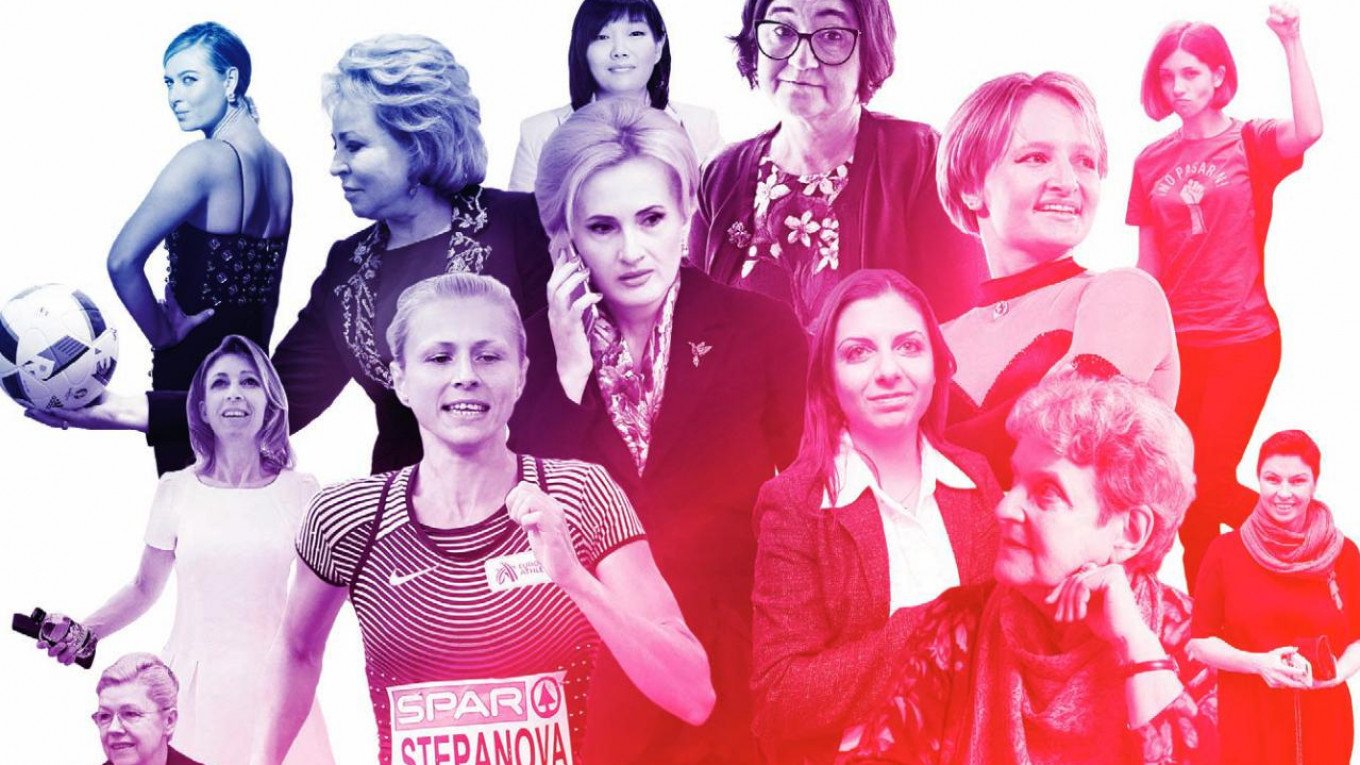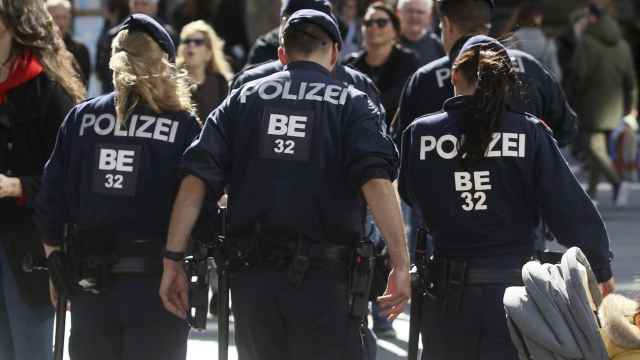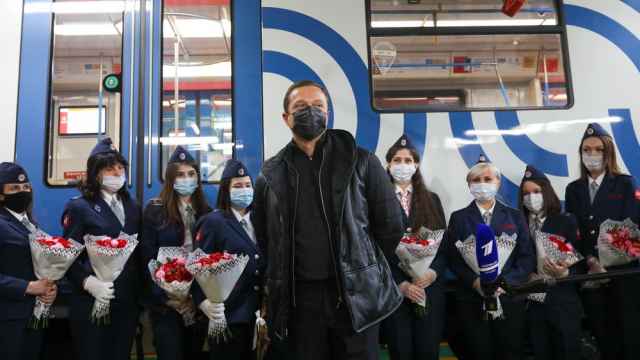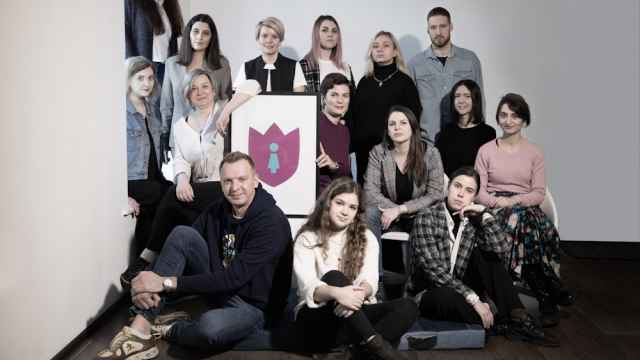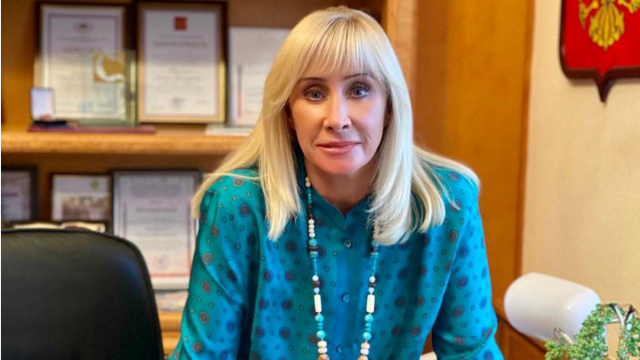Elvira Nabiullina
At 53, Elvira Nabiullina is known as Russia’s crisis manager. But the former Minister of Economic Development is also the first woman to head a Central Bank in any G8 country.
Amid Russia’s deepening economic crisis in Sept. 2015, Euromoney magazine named Nabiullina the best head of a central bank in Europe. The award came just 10 months after Russia’s “black Tuesday,” when the ruble dropped 41 percent against the dollar.
By raising the key interest rate, strengthening the ruble, and giving financial institutions access to additional liquidity, Nabiullina fought a “macroeconomic storm” by implementing “moderate policy.”
“She is respected internationally for ensuring Russian financial stability against a difficult backdrop of lower oil prices and sanctions,” economist Timothy Ash told The Moscow Times.
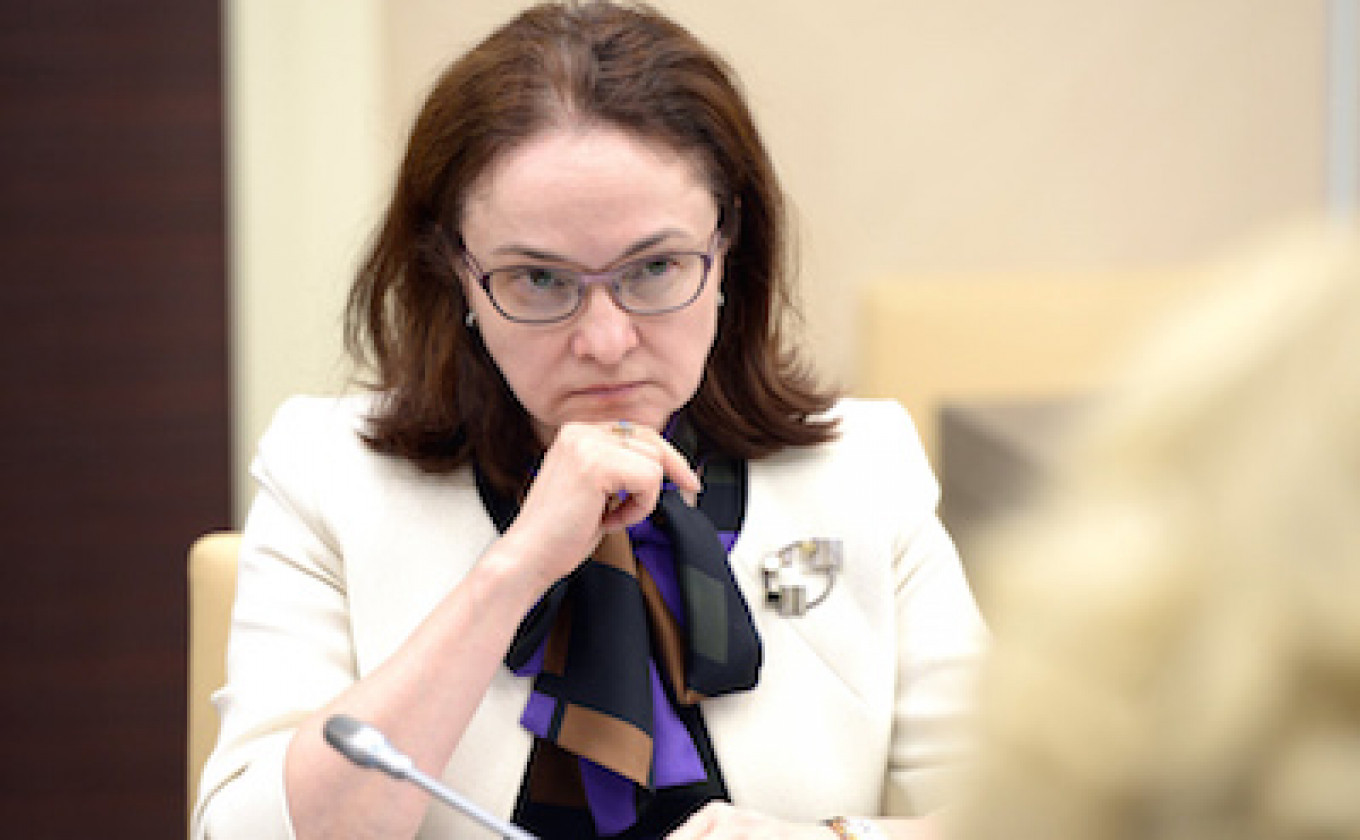
Yulia Stepanova
Few women can claim to have had as much impact as Stepanova, 30. By exposing Russia’s mass state-sponsored doping program, the Olympic runner’s actions led to the entire Russian athletics team being banned from the 2016 Olympics in Brazil. Stepanova, who admitted to using performance-enhancing drugs herself, said her marriage to an anti-doping official encouraged her to campaign against doping.
The evidence the runner provided formed part of the first 2015 World Anti-Doping Agency report, which led to more than 4,000 Russian track and field athletes being excluded from international competition.
Stepanova, her husband and their 8-month-old child fled to Canada, where they applied for political asylum. Russian authorities responded by characterizing the athlete’s allegations as a lie invented to get asylum in Canada.
Stepanova reportedly lives and trains in the U.S. In December 2016, she was allowed to compete under the neutral flag.
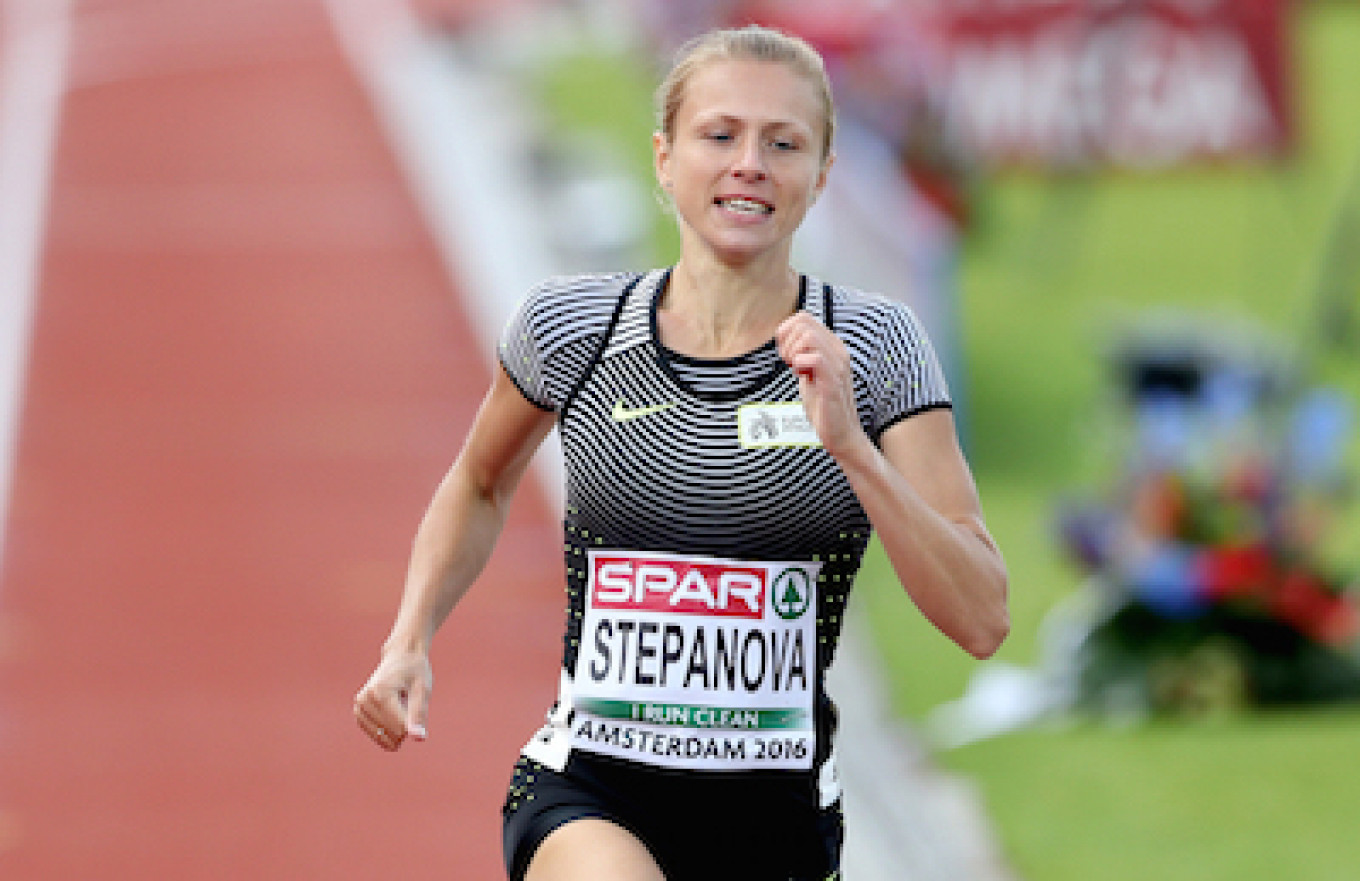
Olga Golodets
The only woman among nine deputy prime ministers, Olga Golodets, 54, is in charge of Russia’s healthcare, education, and social sector. According to the Kommersant newspaper, colleagues describe her as a “ruthless, strong leader...capable of managing pretty much anything.”
Unlike other career politicians, Golodets comes from the business sector, having worked in management in various companies belonging to oligarch Mikhail Prokhorov. Her career as a state official began in Moscow city government in 2010, where mayor Sergei Sobyanin was first appointed as his deputy for healthcare and education. Golodets was one of the richest women in Sobyanin’s team, according to the income statements published in 2011. Her total income in 2010 amounted to 57 million roubles ($977,000 dollars).
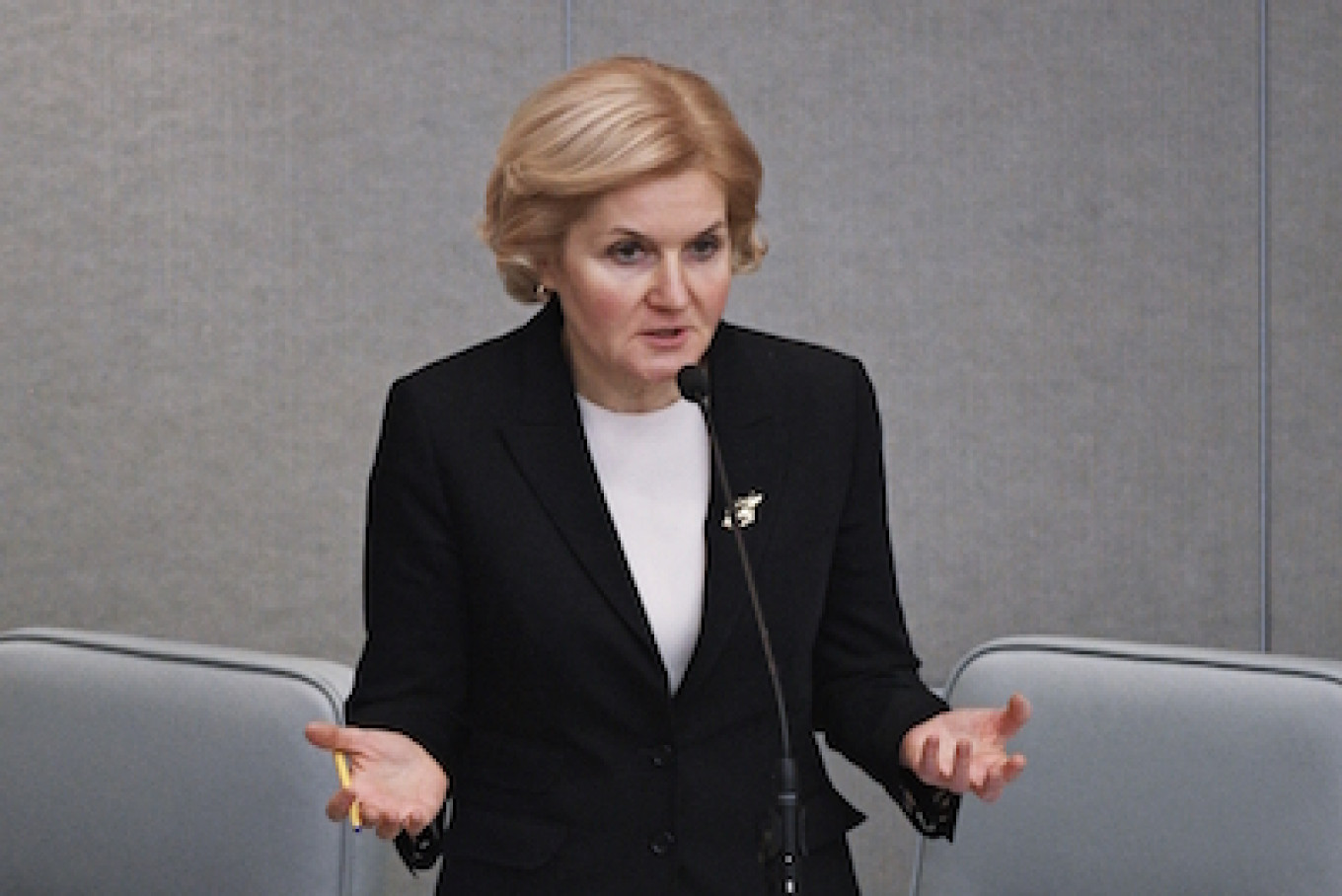
Irina Yarovaya
Yarovaya, 50, is arguably Russia’s most infamous politician. She has made a name for herself by championing some of the country’s most repressive laws. Her legislative achievements include a bill outcasting NGOs as“foreign agents” for receiving foreign funding, and equally controversial “anti-terrorist” legislation that outlines large -scale surveillance and harsher punishments for terrorism related crimes.
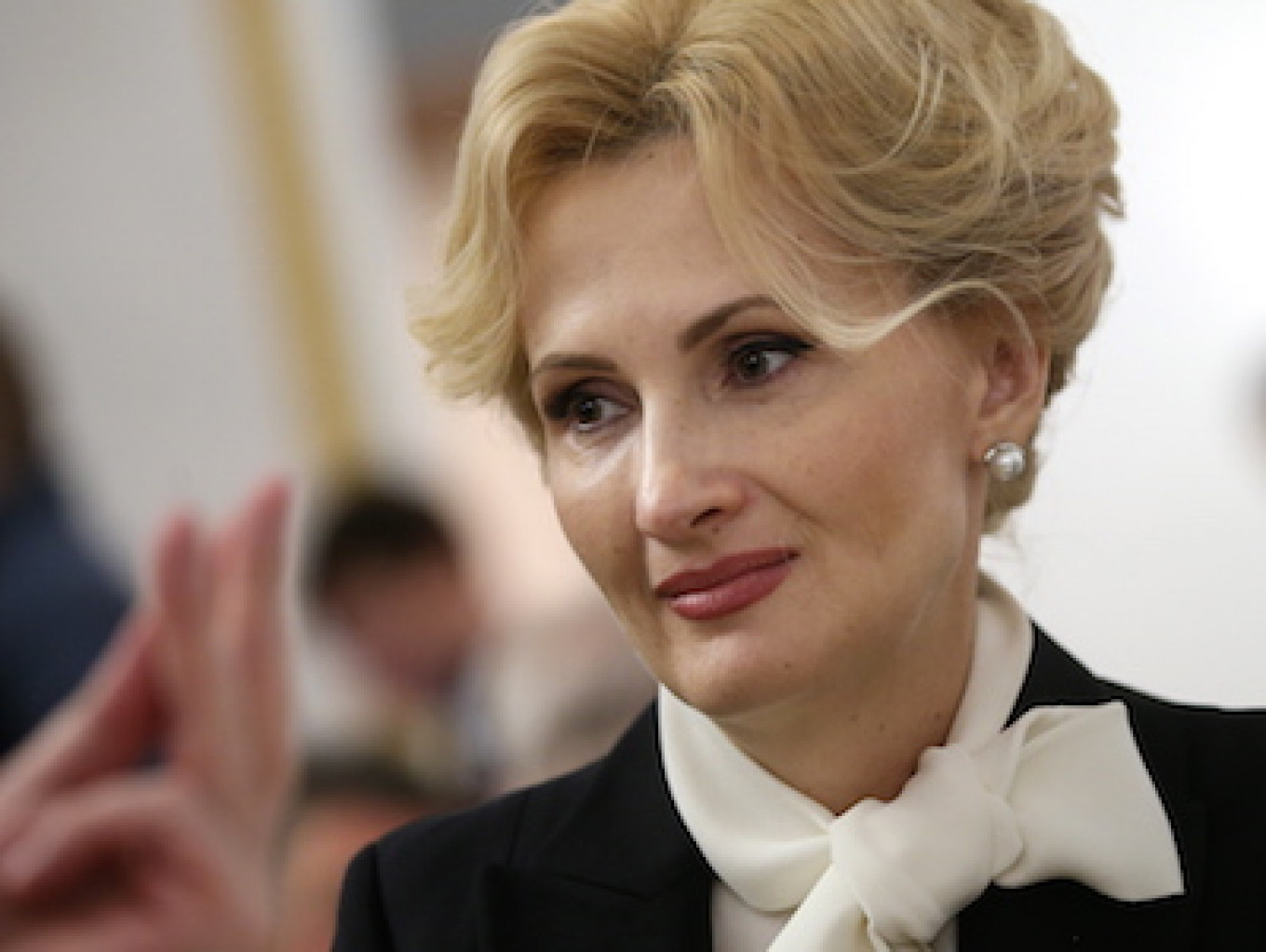
Tatyana Bakalchuk
Tatyana Bakalchuck, 41, founder of the online clothing store Wildberries, keeps a low profile. But her $380 million fortune speaks for itself. The business started in 2004 when, she decided to start reselling clothes bought in Germany. Initially, she run the business out of her family’s Moscow apartment. Within a decade, she had turned it into Russia’s biggest online clothing shop with 2.5 million clients.
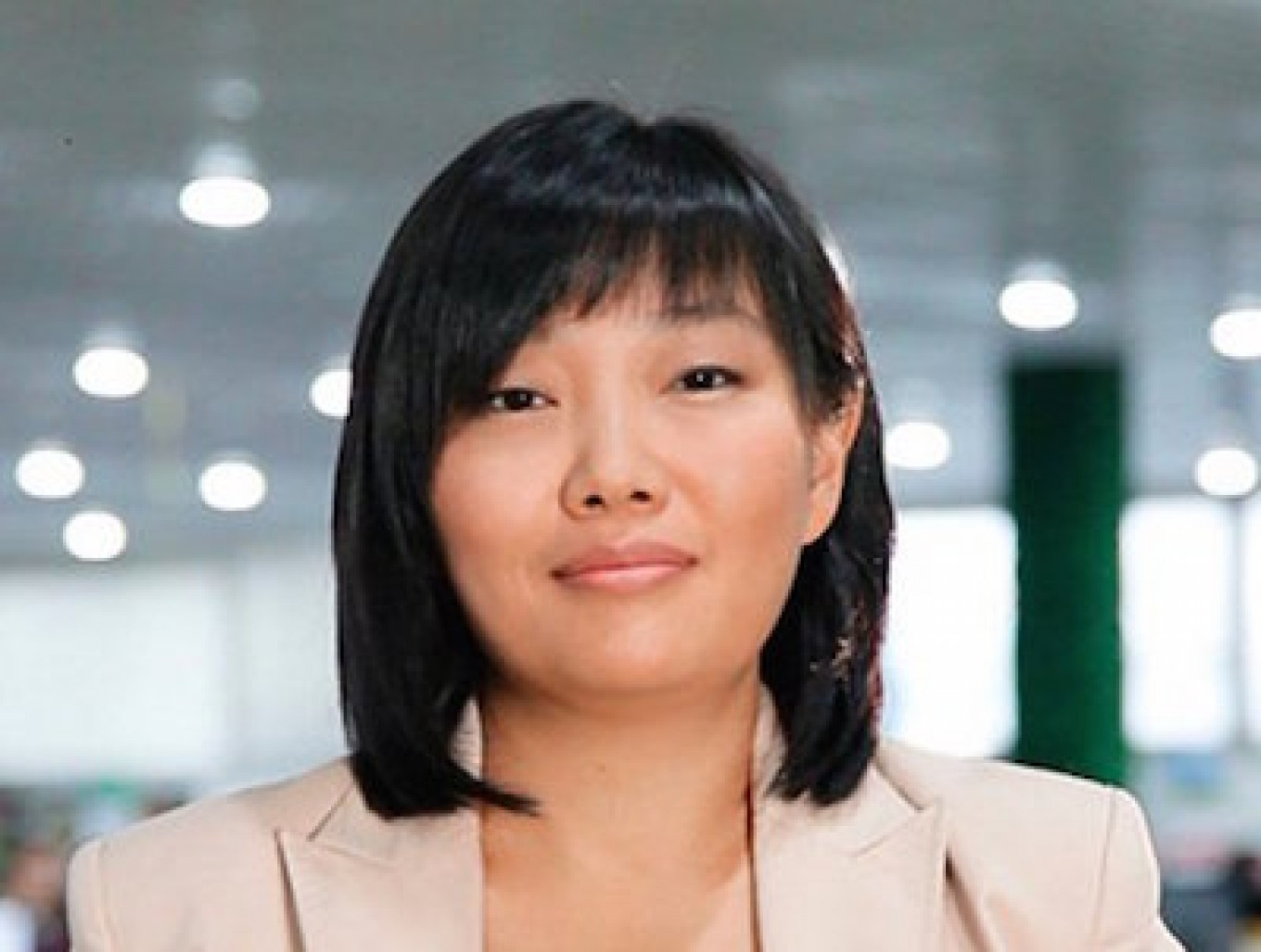
Svetlana Gannushkina
Veteran migrant rights activist, Svetalana Gannushkina, 74, was reported to have been nominated for the Nobel peace prize in 2016.
She said not getting it in the end was a relief: “I dreaded the thought. I wouldn’t have been able to keep up with the flow of people they’d have sent my way.”
In the absence of proper institutional support, Gannushkina’s Civic Assistance Committee NGO is the first line of assistance to refugees and migrants in Russia. In 2015 alone, the Committee helped 2,276 people; in many cases, Gannushkina was personally involved in resolving problems.
Gannushkina’s NGO was declared a foreign agent in 2015.
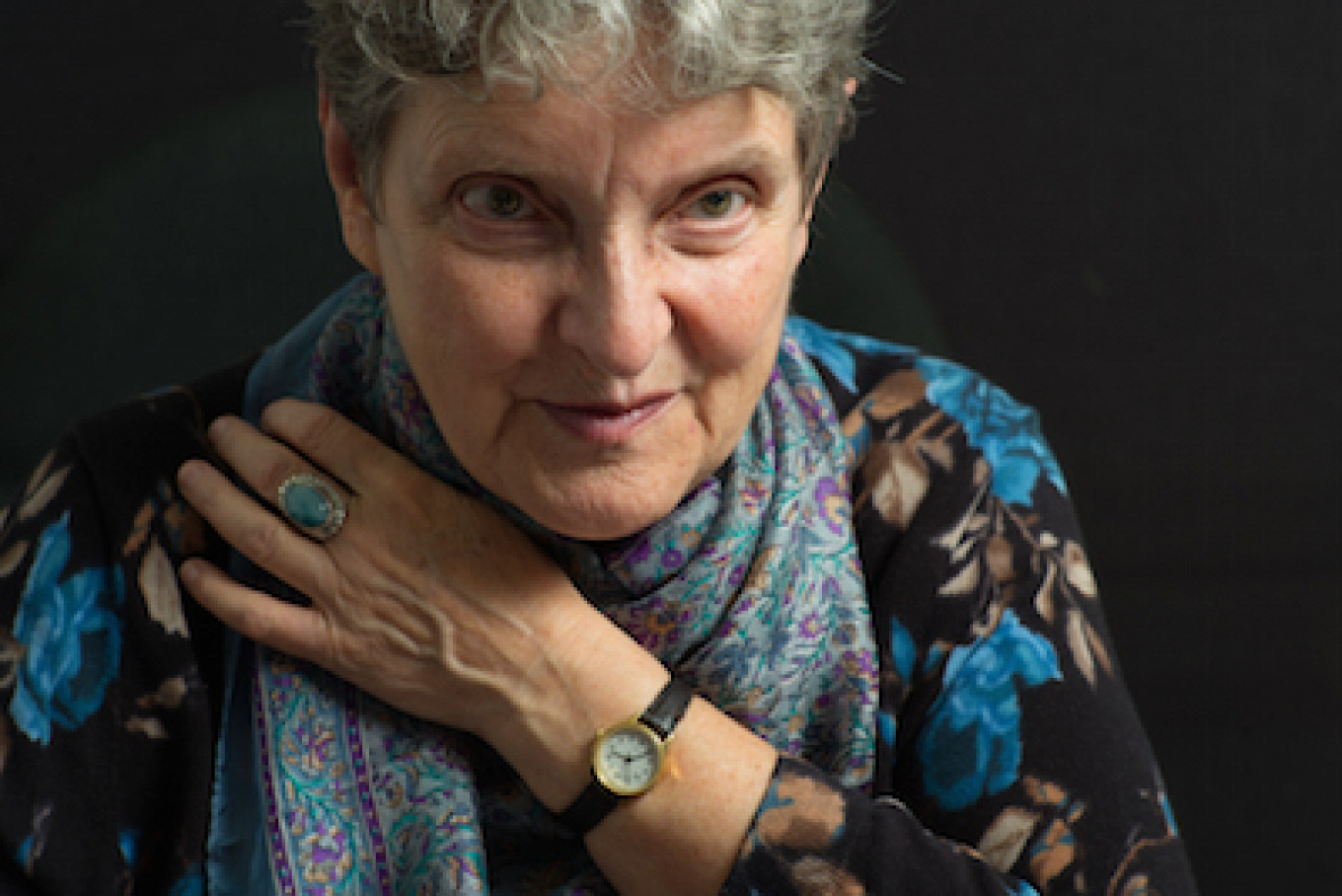
Zelfira Tregulova
The name of Zelfira Tregulova, 61-year-old fine arts expert, is now forever linked to the rebirth of the Tretyakov Gallery. Moscow’s flagship fine arts museum had, until recently, failed to attract as many visitors as its counterparts, the Pushkin Museum and the Hermitage Museum in St.Petersburg.
Appointed director of the gallery in 2015, Tregulova made it her mission to get the glory back to the world’s largest museum of Russian art. She committed to rehabilitiating Soviet art — both official and unofficial.
Surprisingly, she succeeded. The Tretyakov exhibitions that are organized under her supervision now attract hundreds of thousands of people. Many of the visitors are willing to stand in line for hours.
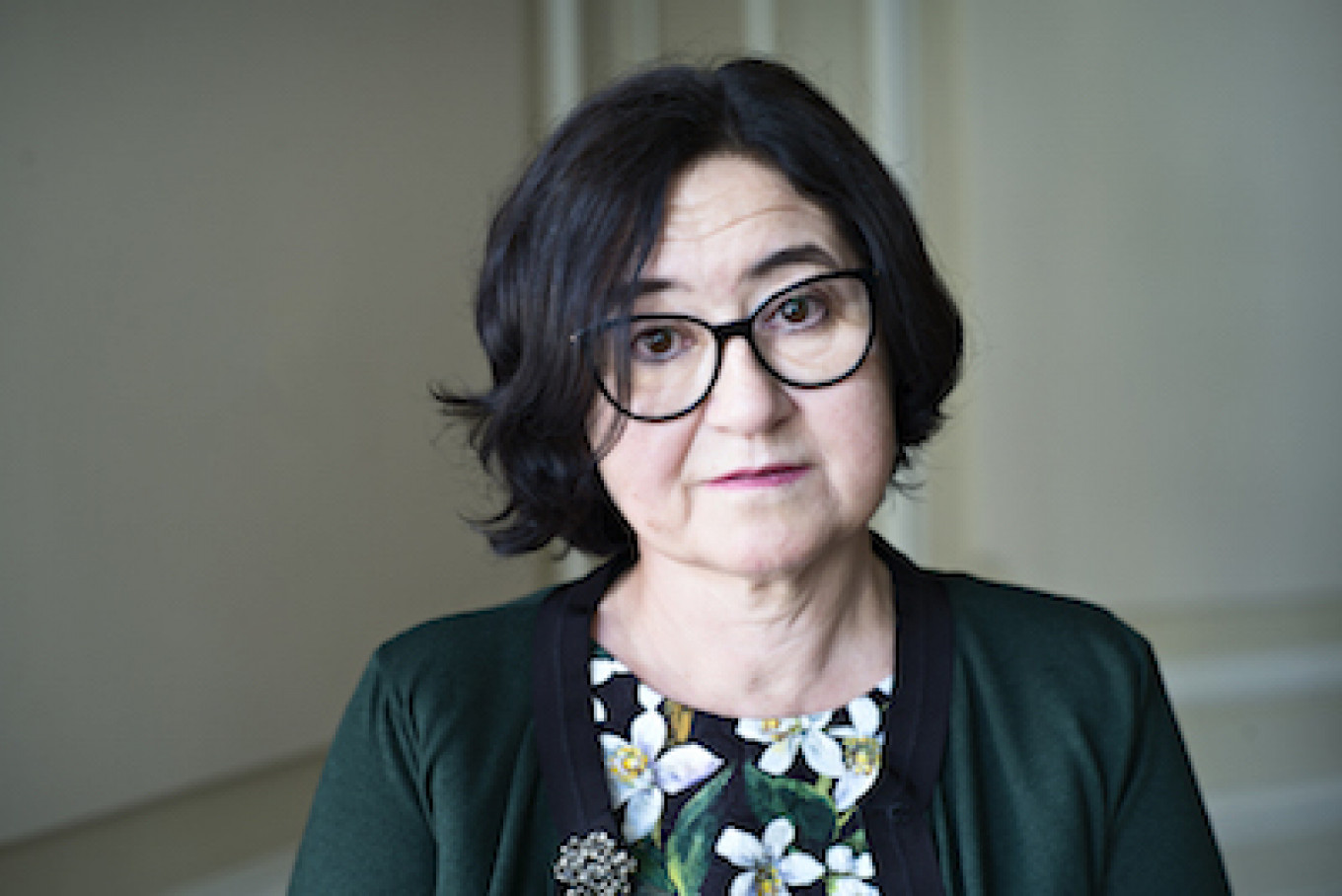
Valentina Matviyenko
Valentina Matviyenko, 67, is the third most important state official in Russia. In the event of the president and prime minister being incapacitated, she would, in theory, take power. Matviyenko has presided over the Federation Council since 2011, the country’s upper chamber of parliament, and is the only woman on Russia’s 13-strong Security Council.
Her political career goes way back to the Soviet times, when she made her way up the ladder in the Leningrad branch of the Communist Party. In the 1990s, she worked in the Foreign Ministry, then in the presidential adminisration. In 2003, Matviyenko was elected governor of St. Petersburg and stayed in office until 2011.
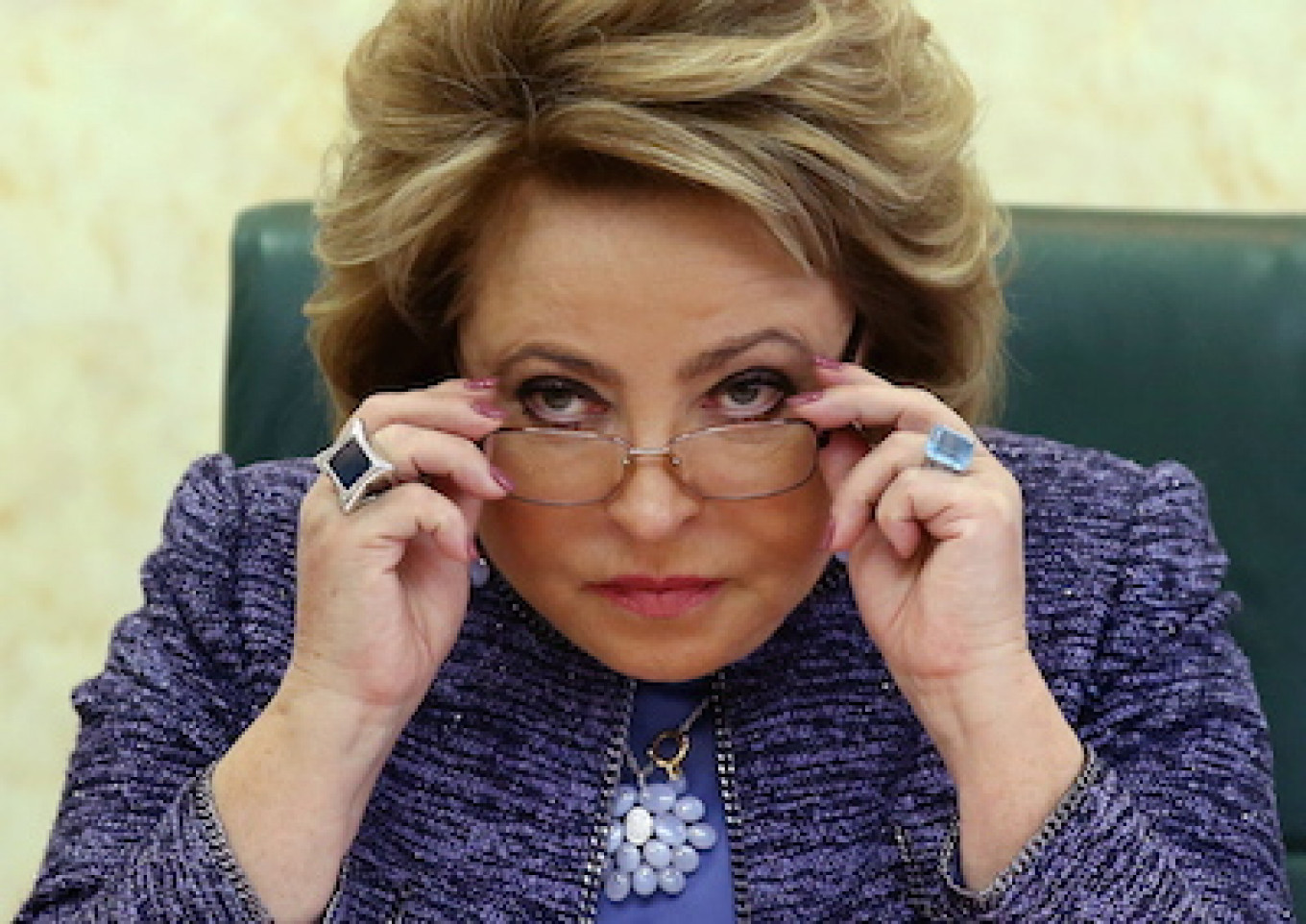
Katerina Tikhonova
Katerina Tikhonova, is one of Russia’s most famous rock ‘n’ roll dancers and Vice-President for Expansion and Marketing of the World Rock ‘n’ Roll Confederation. Tikhonova is also reported to have a seat at the Russian Federation of Acrobatic Rock ‘n’ Roll, and to run several science foundations affiliated with the Moscow State University, Russia’s most prominent higher education institution. Remarkable achievements for her 30 years.
Also, she may — or may not — be Russian President Vladimir Putin’s daughter. Despite the widespread media attention paid to this rumour, Vladimir Putin has neither confirmed nor denied it.
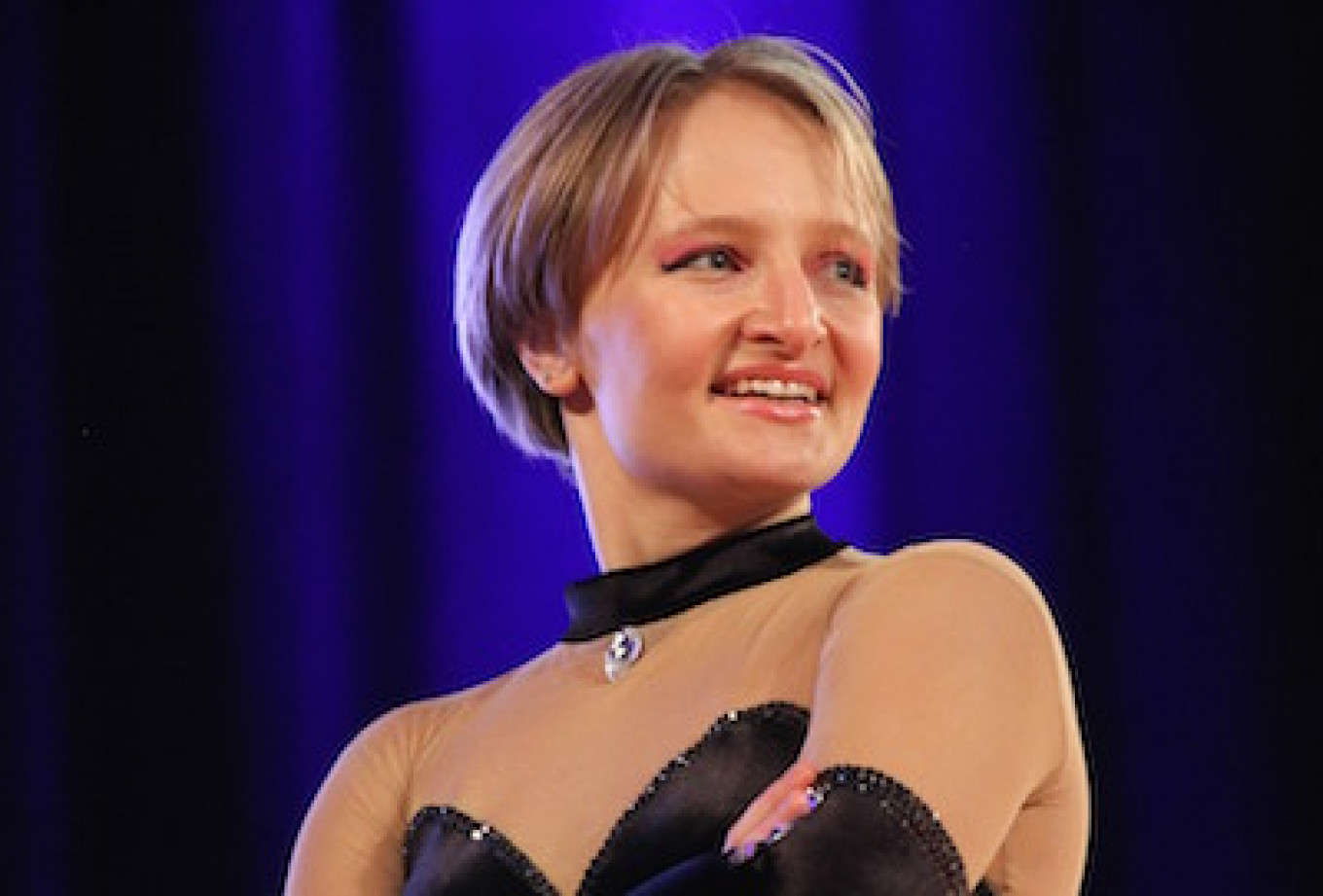
Maria Zakharova
Maria Zakharova, the 41-year-old spokesperson of Russia’s Foreign Ministry, needs little introduction in media circles. She makes headlines almost as often as her actual boss, the seasoned minister Sergei Lavrov. A maestro in the guerilla use of social media, Zakharova’s brash and belligerent Facebook statements are often picked up as separate news stories by state-run news agencies, such as TASS and RIA Novosti. With subscribers to her Facebook page topping 300,000 people, she is undoubtedly one of the celebrities of Russian politics.
She is known to pick a fight with journalists, and took things to a new level in February with a campaign to out “fake” foreign news on Russia.
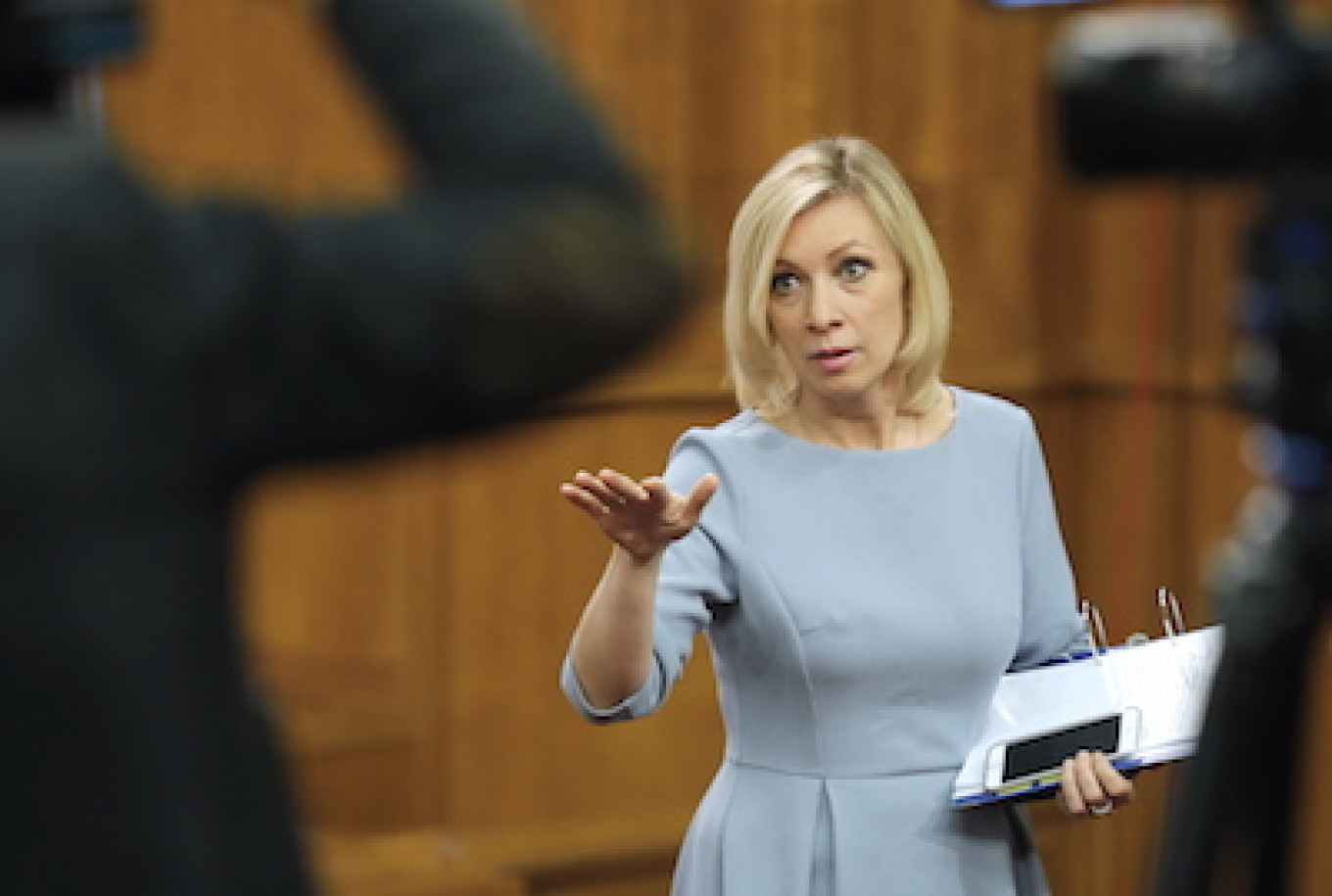
Yelena Mizulina
Firebrand of Russia’s ultraconservatism, Mizulina drafted and successfully lobbied the infamous 2012 ”gay propaganda” law. Decriminalizing domestic violence is Mizulina’s most recent win.
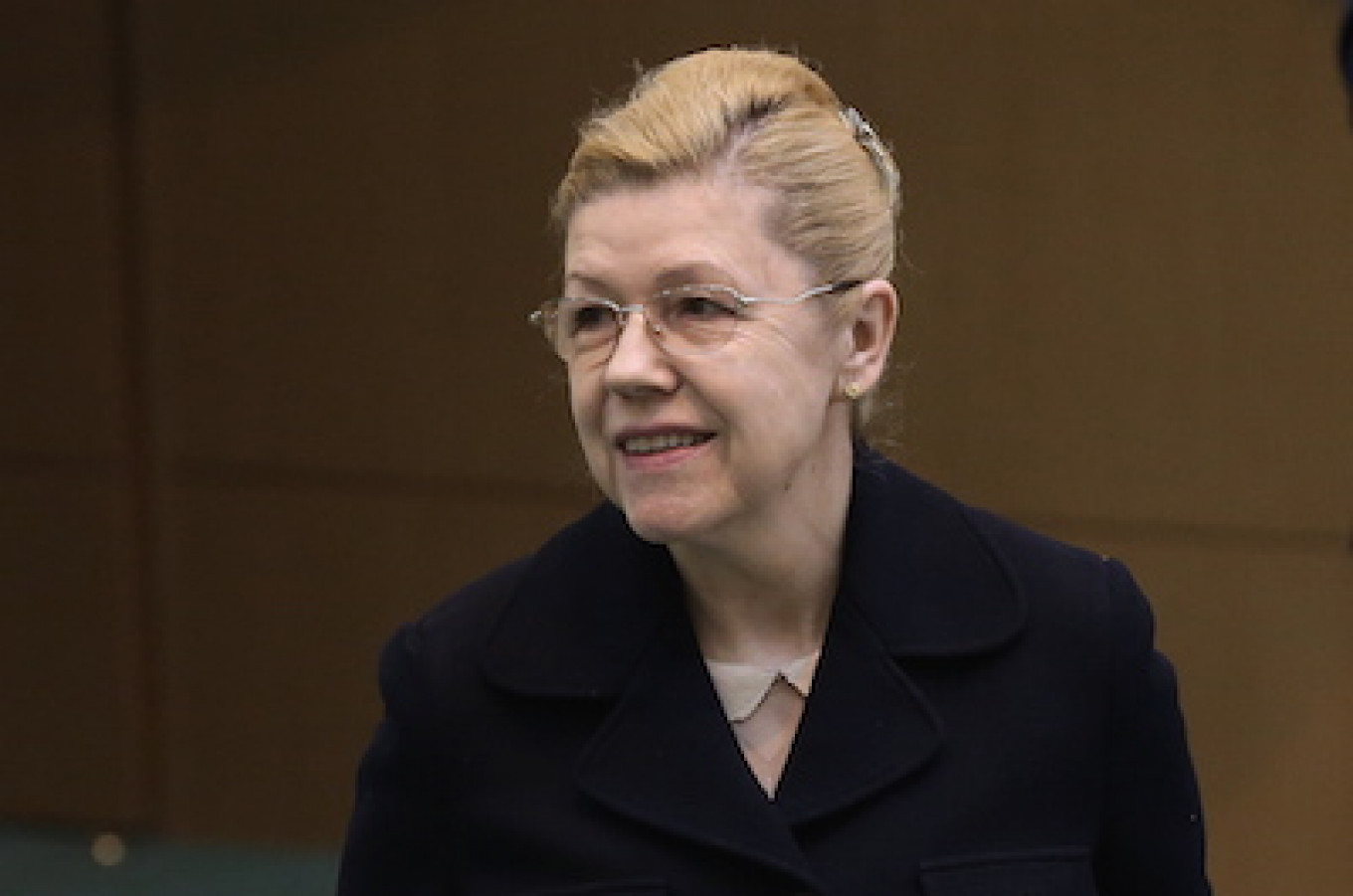
Chulpan Khamatova
Prominent actress and philanthropist, Khamatova runs Russia’s biggest NGO, helping children with cancer. Khamatova caused a stir in 2012 by appearing in a pro-Putin video.
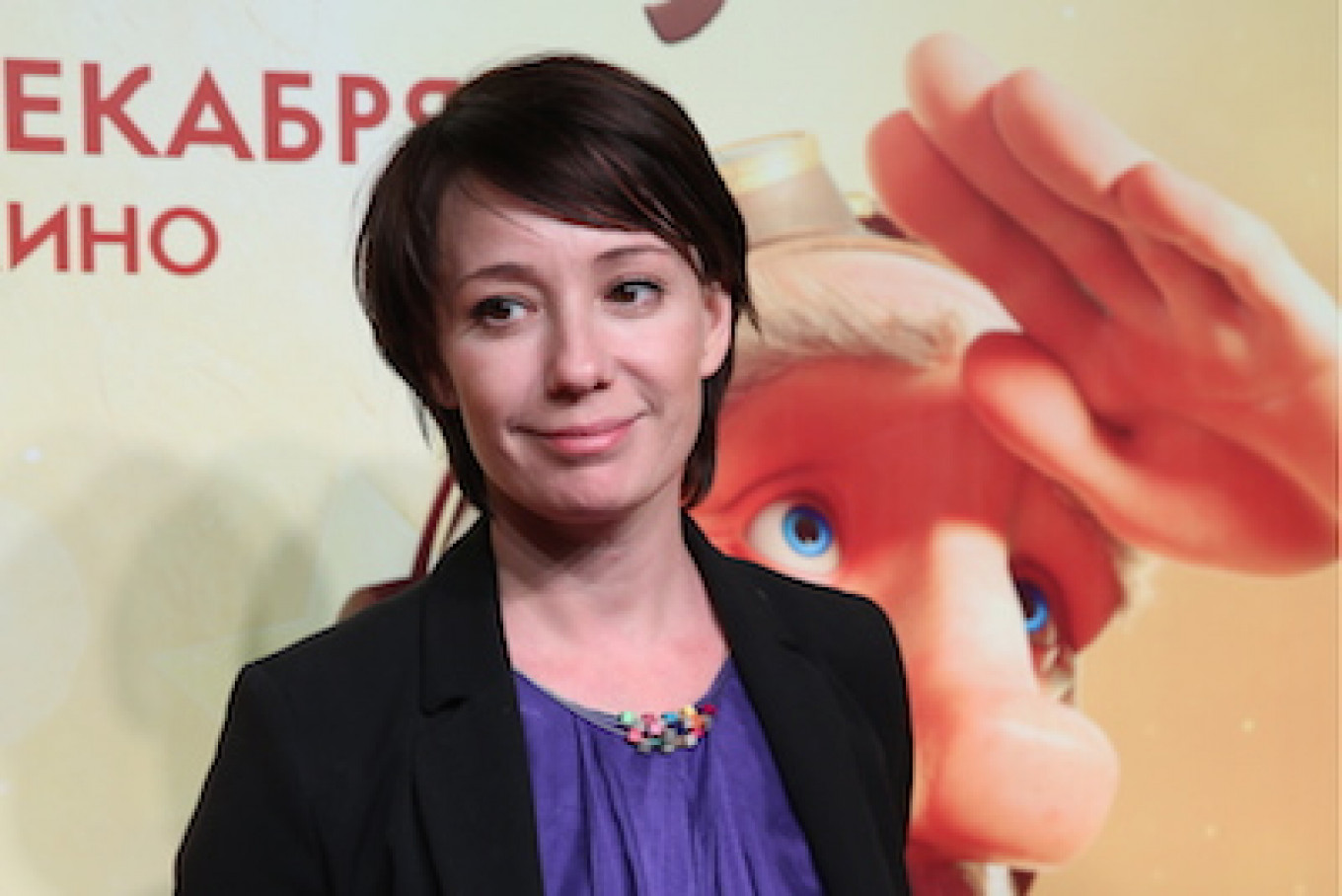
Nyuta Federemesser
Founder of the Vera hospice foundation, guardian angel of Russia’s terminally ill. When it comes to palliative care issues and pain relief, Federmesser is the one authorities listen to.
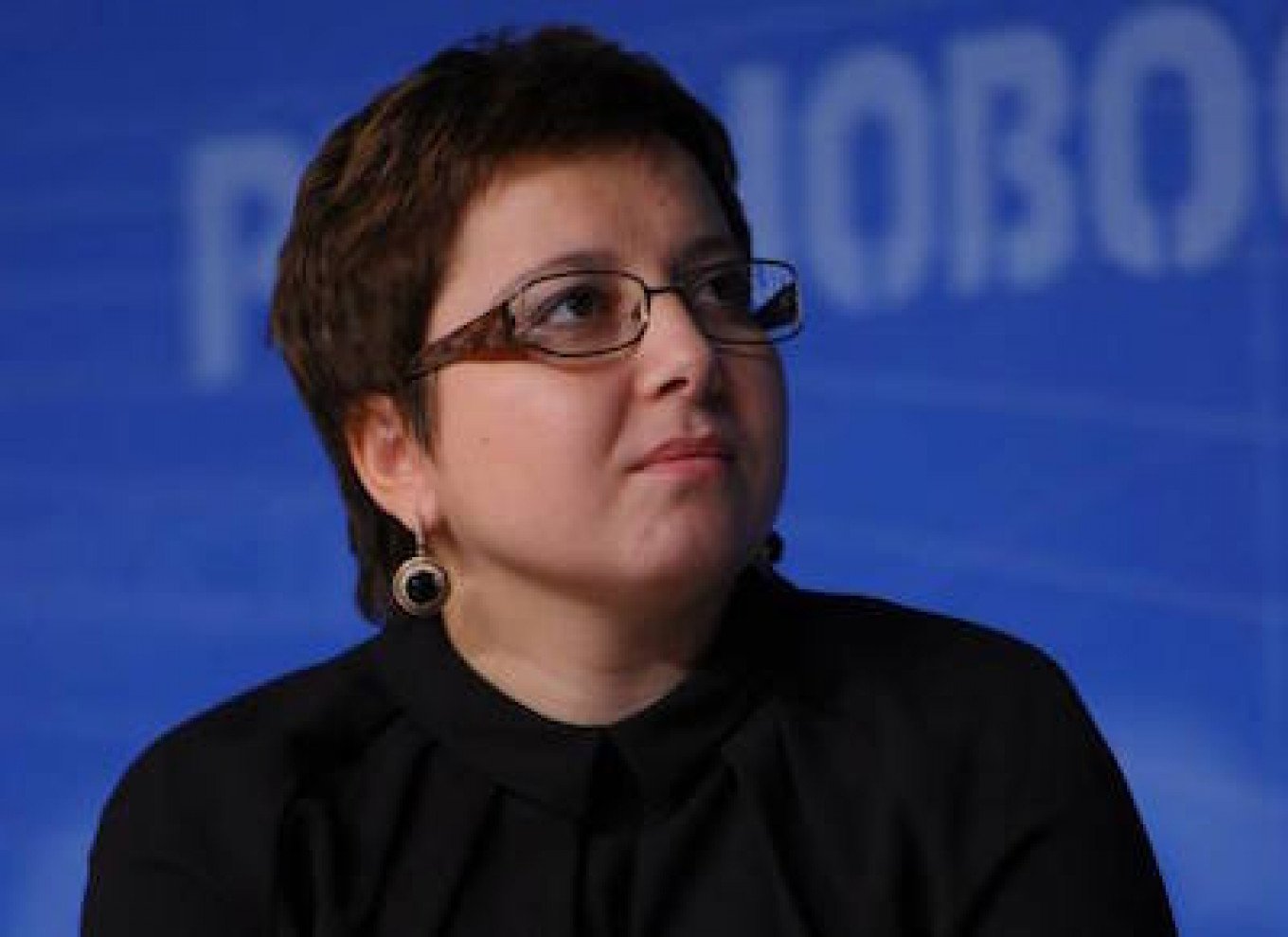
Margarita Simonyan
Over the course of a decade, Simonyan has made a truly stellar career: from junior TV reporter to editor-in-chief of not just one, but two of Russia’s most important outets. She heads RT’s TV channel and the Rossiya Segodnya news agency.
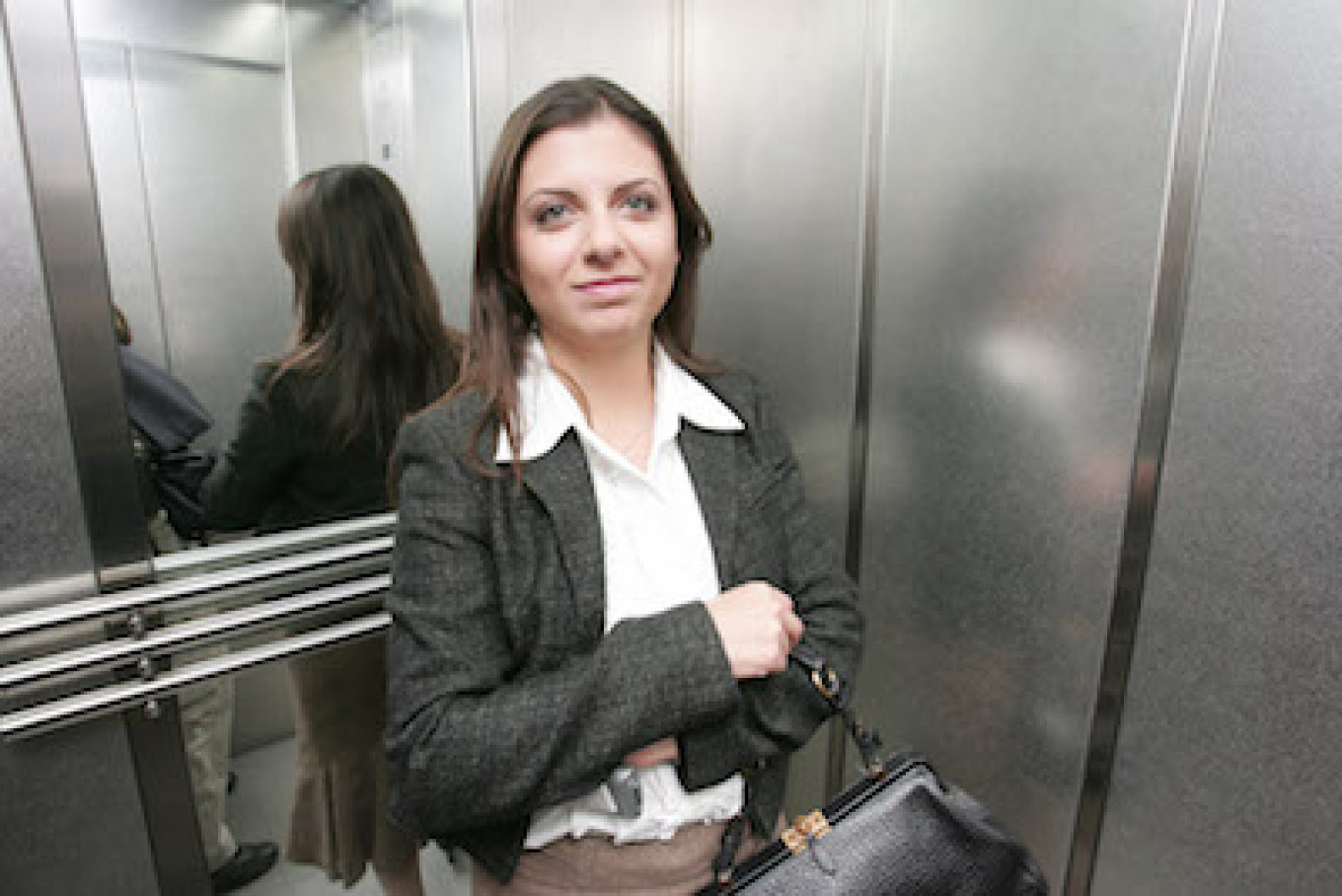
Nataliya Sindeyeva
Sindeyeva founded Russia’s only opposition-leaning TV channel, Dozhd, and has been running it ever since. At one point Dozhd almost shut down, teetering on the brink of bankruptcy but, through wit and luck, it survived.
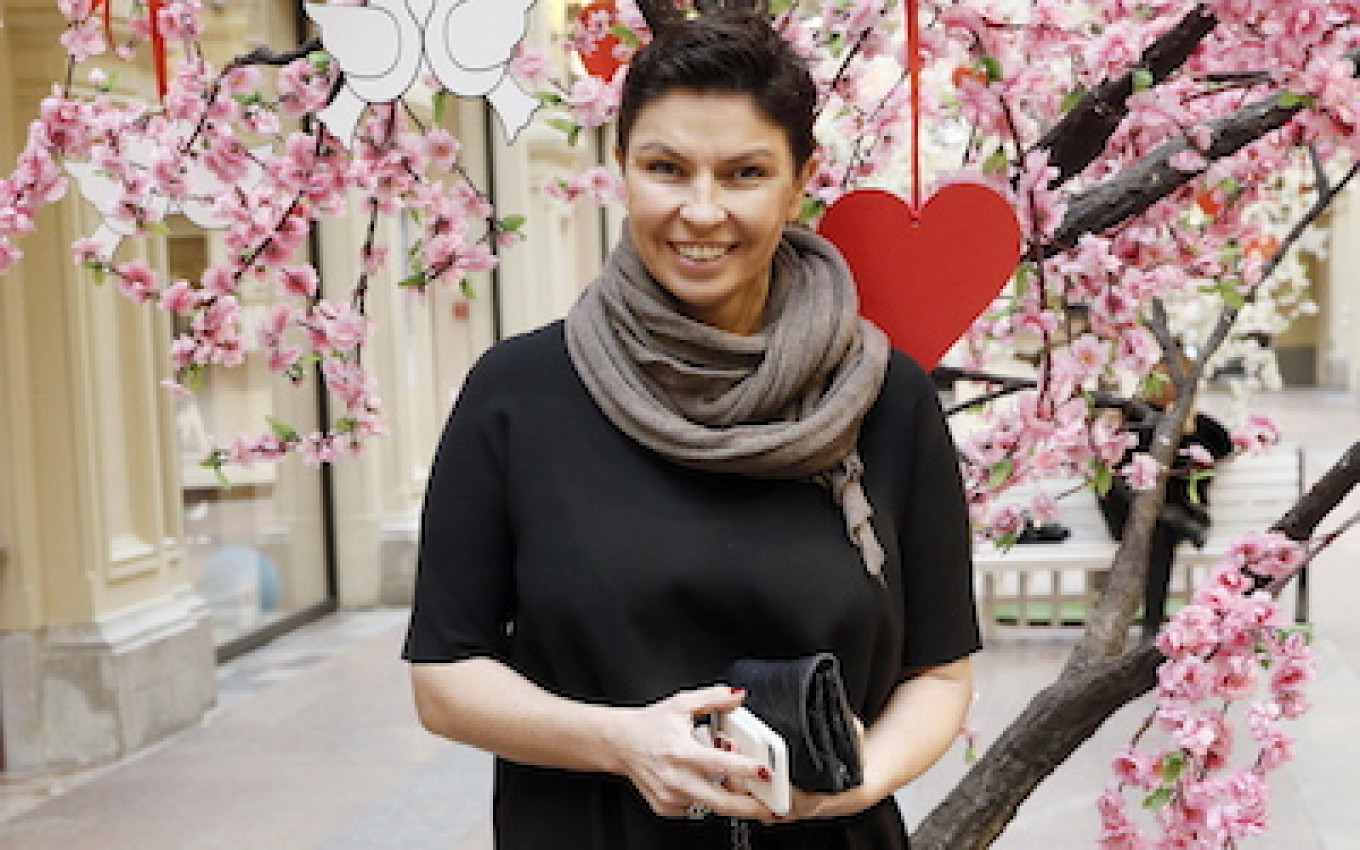
Yelizaveta Glinka
Also known as Doctor Liza, aid worker Glinka fed and treated the homeless in Moscow and rescued injured children from war-torn Eastern Ukraine. She died in a plane crash in December 2016.
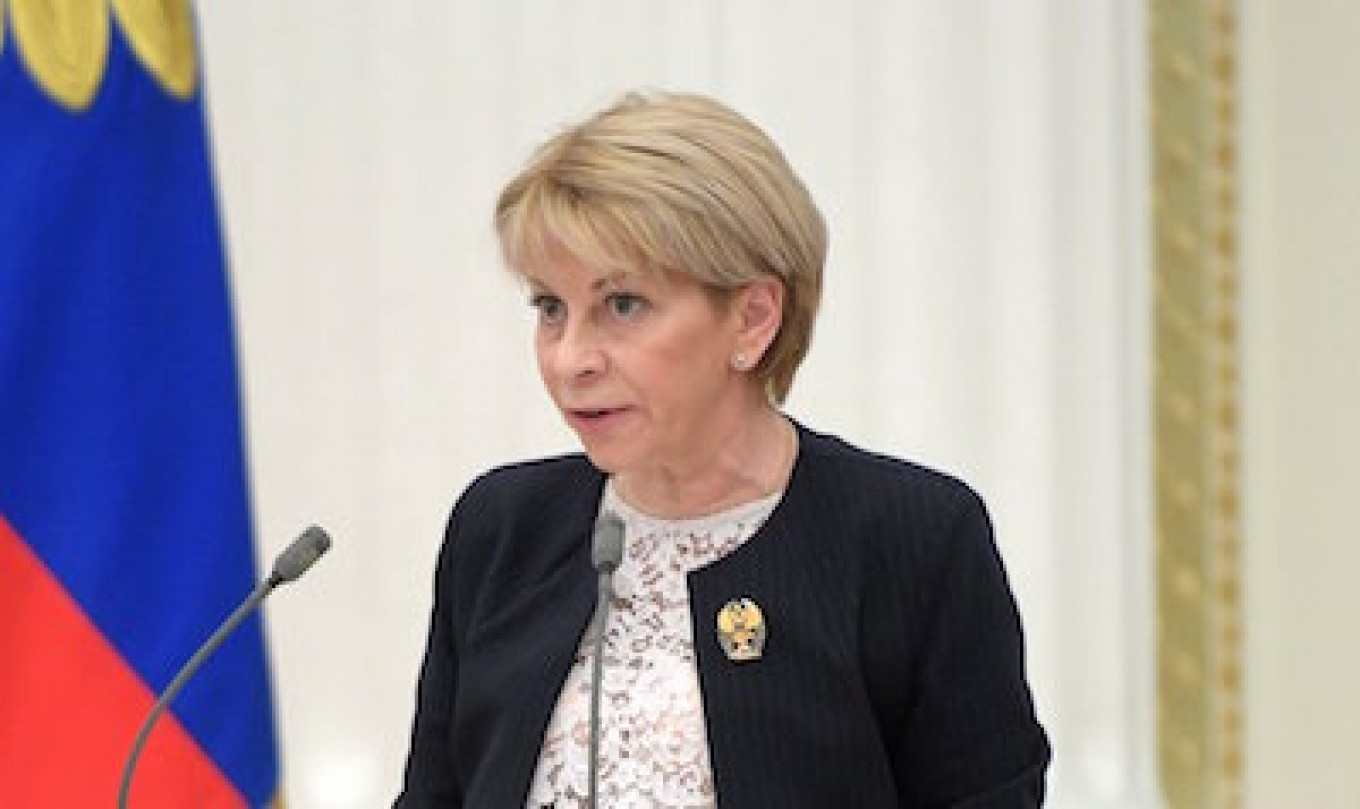
Maria Sharapova
Russia’s most successful tennis player admitted to taking meldonium, a banned substance, in 2016. Her main sponsors subsequently cut contracts, but she survived the scandal.
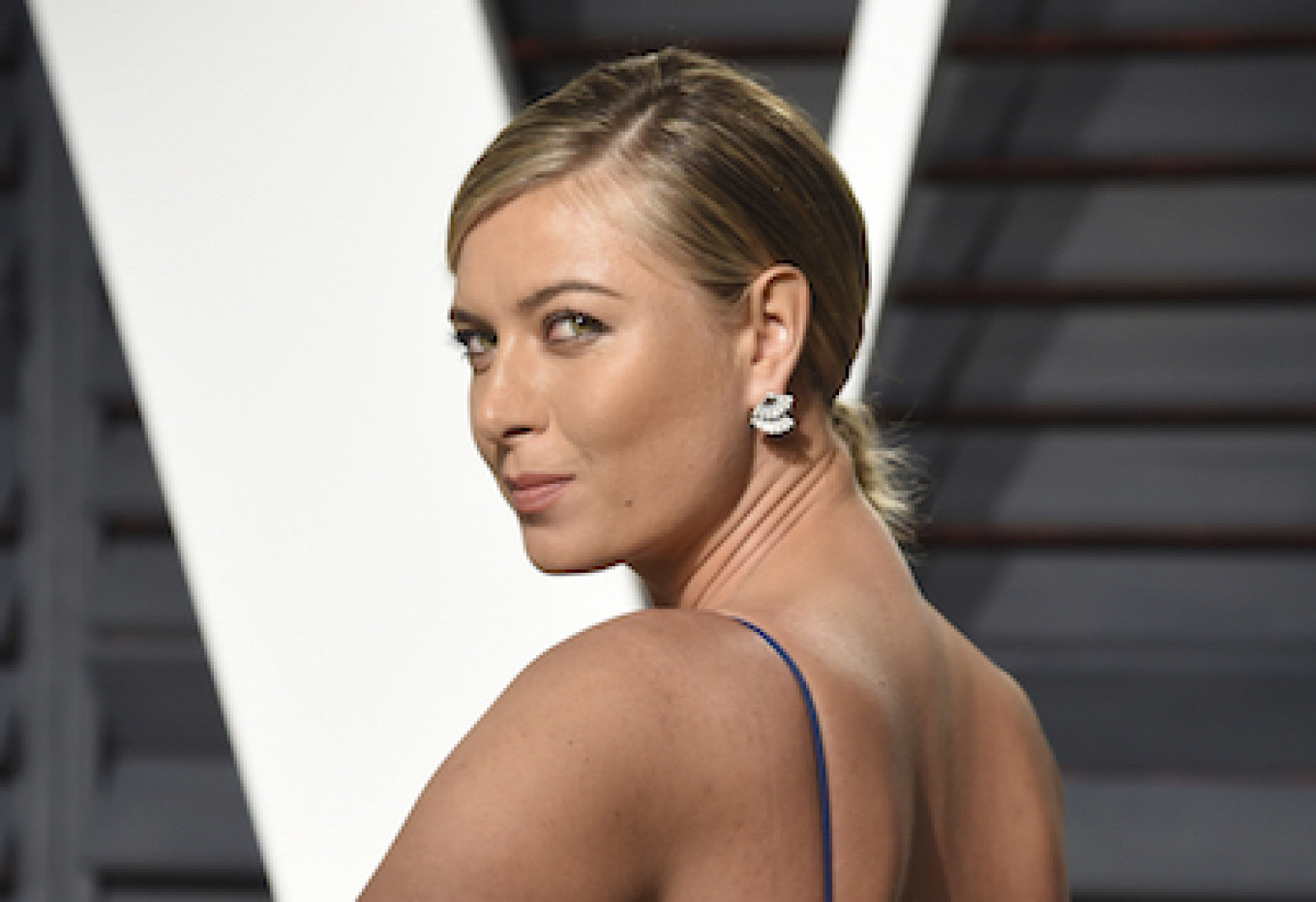
Nataliya Poklonskaya
Poklonskaya is famous for her good looks and role in Russia’s annexation of Crimea. Russia’s youngest female general, and now a fierce State Duma deputy. She is the subject of many anime cartoons.
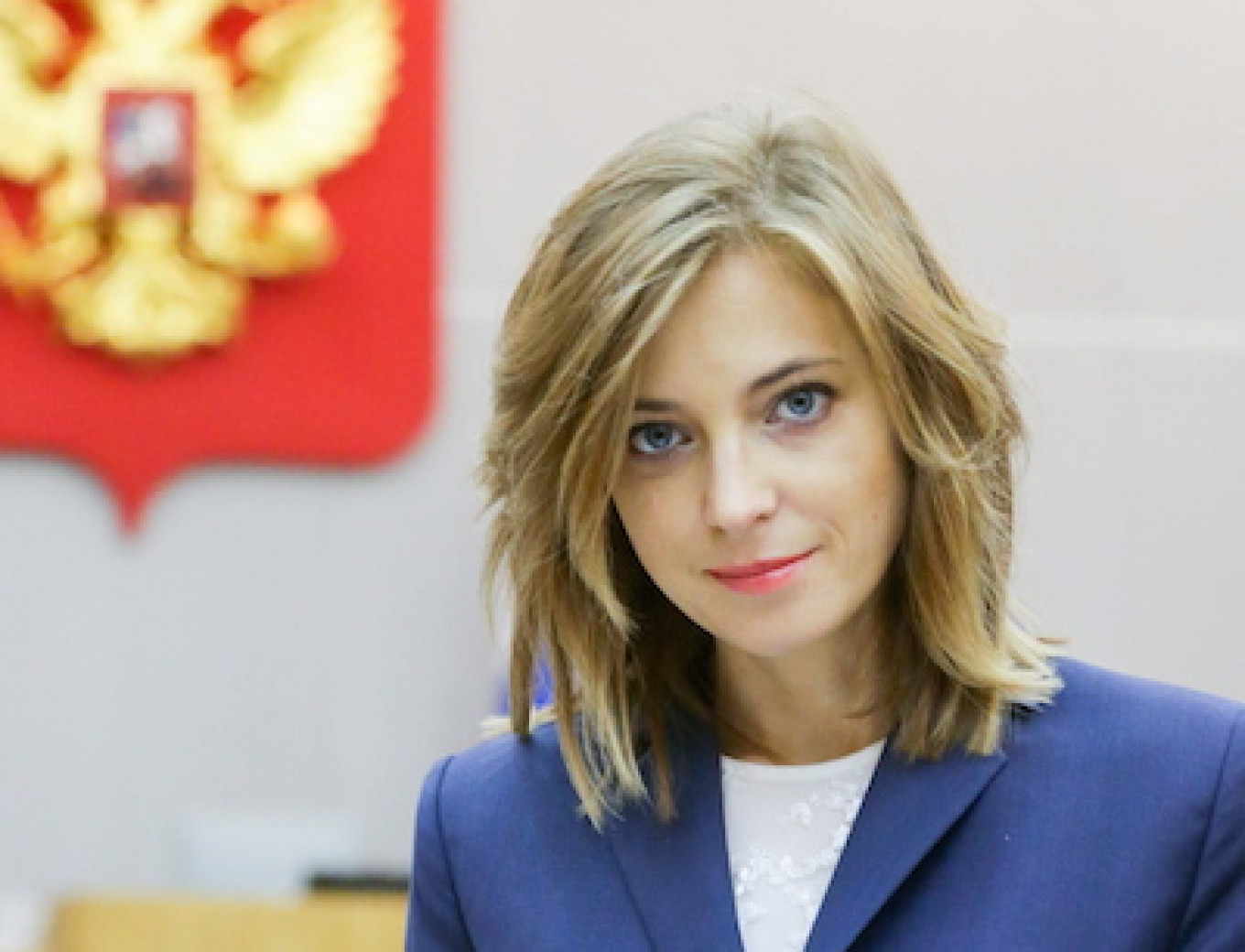
Nadezhda Tolokonnikova
The most prominent member of the Pussy Riot collective. She spent 22 months in prison for her role in a provocative stunt in Moscow’s Cathedral of Christ the Saviour.
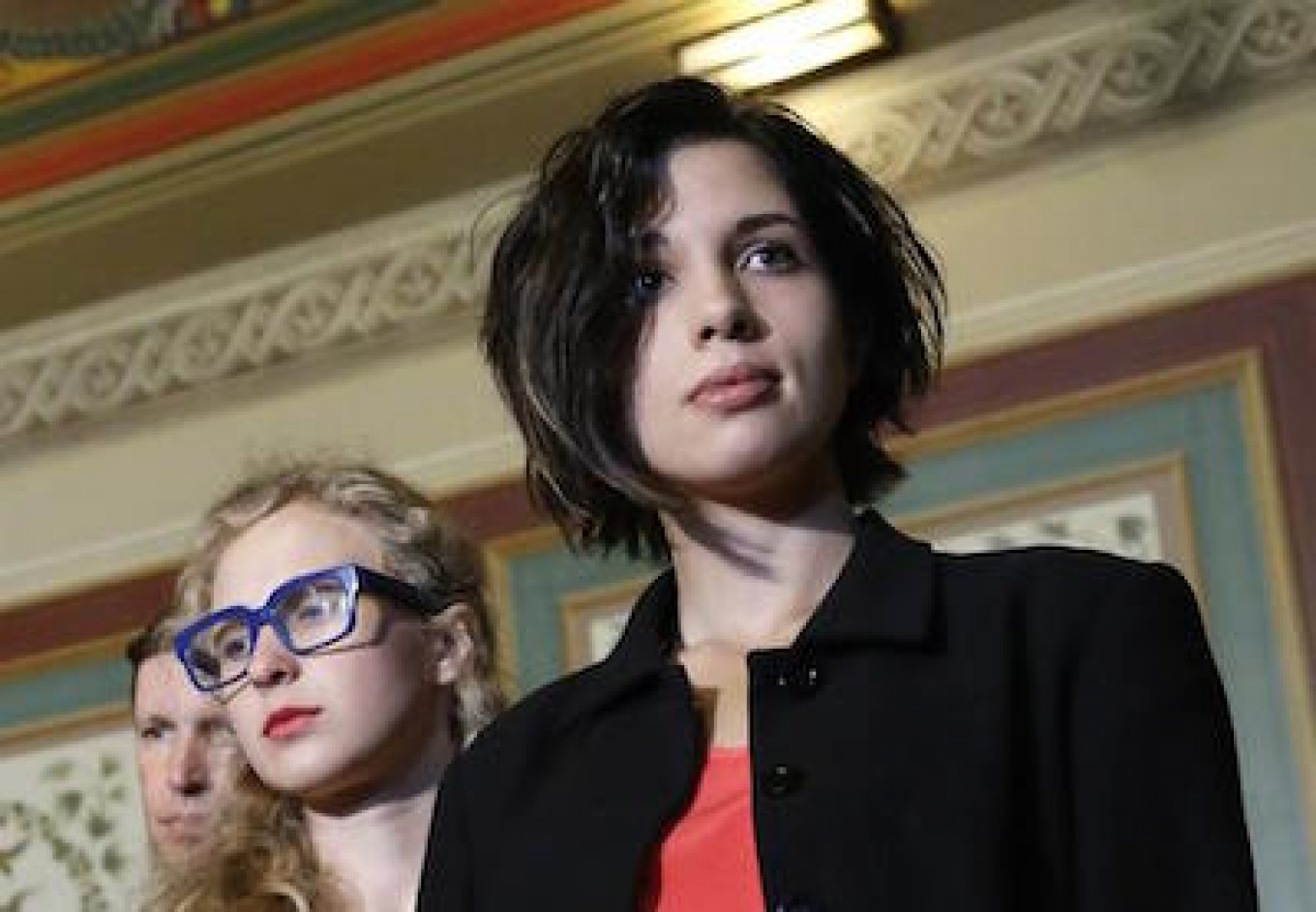
Natalya Kasperskaya
One of the wealthiest women in Russia and one of the most famous IT entrepreneurs in the country. Together with her first husband, Yevgeny Kaspersky, she founded the renowned Kaspersky Lab cyber-security company.
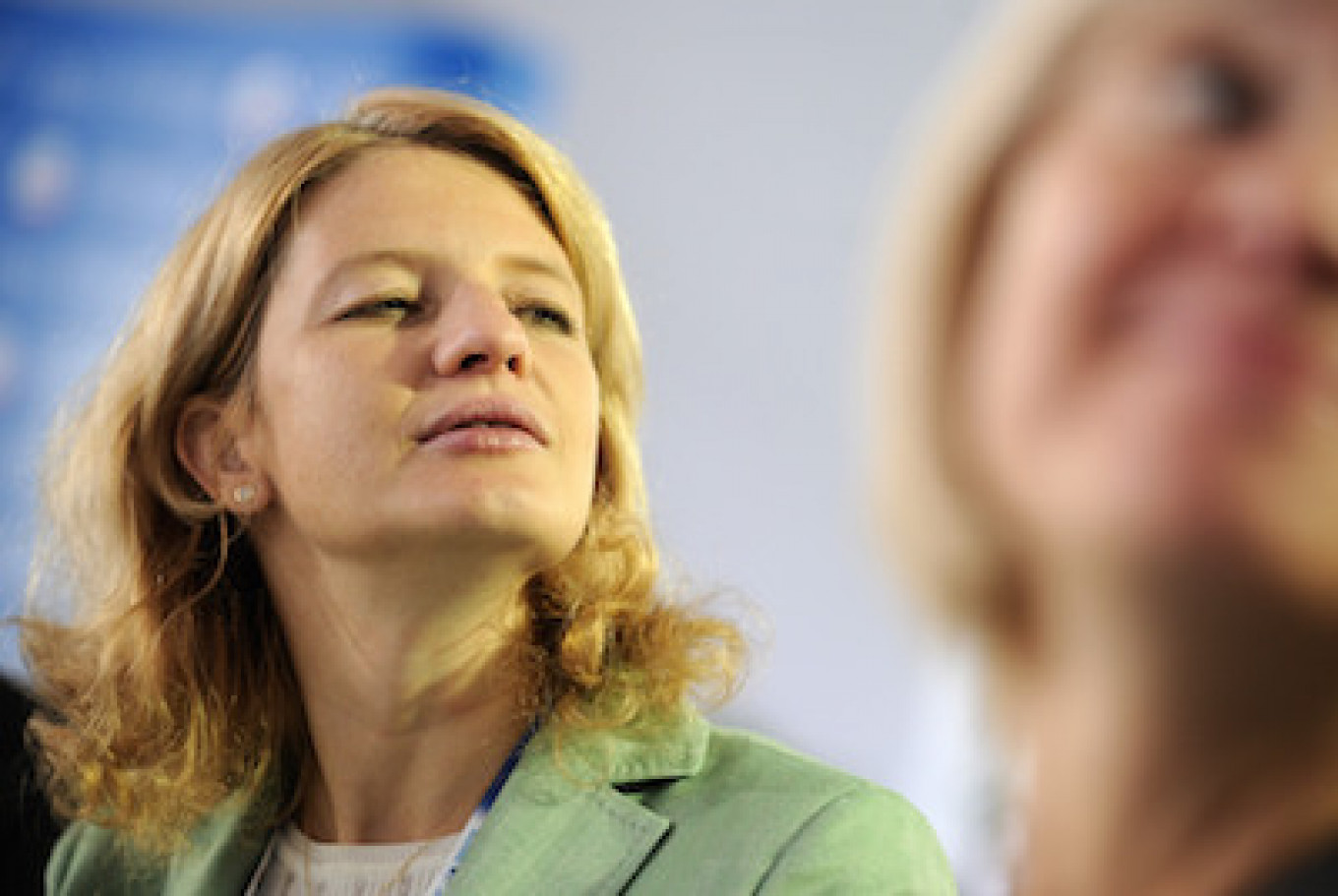
A Message from The Moscow Times:
Dear readers,
We are facing unprecedented challenges. Russia's Prosecutor General's Office has designated The Moscow Times as an "undesirable" organization, criminalizing our work and putting our staff at risk of prosecution. This follows our earlier unjust labeling as a "foreign agent."
These actions are direct attempts to silence independent journalism in Russia. The authorities claim our work "discredits the decisions of the Russian leadership." We see things differently: we strive to provide accurate, unbiased reporting on Russia.
We, the journalists of The Moscow Times, refuse to be silenced. But to continue our work, we need your help.
Your support, no matter how small, makes a world of difference. If you can, please support us monthly starting from just $2. It's quick to set up, and every contribution makes a significant impact.
By supporting The Moscow Times, you're defending open, independent journalism in the face of repression. Thank you for standing with us.
Remind me later.


